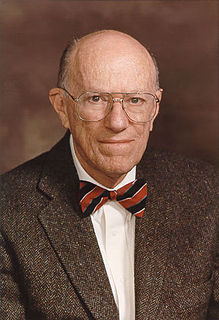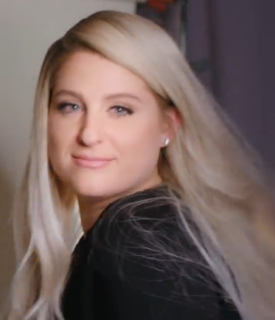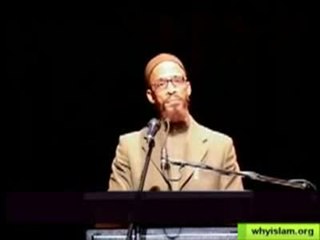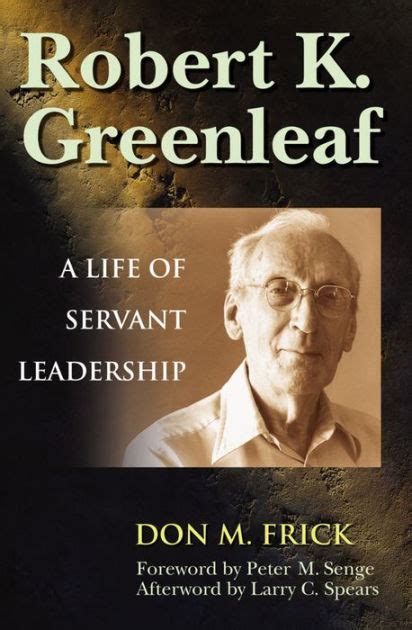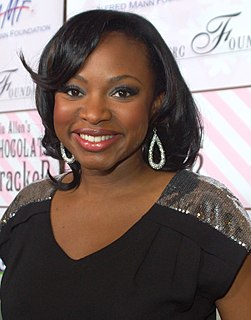A Quote by T. D. Jakes
To those of us who often procrastinate on the decision we feel intimidated by lack of education or any area of weakness. I relieve you with this statement: It is not how much you know that arms you with the tools of great decision making, but rather how much you ask. Ask questions.
Related Quotes
I won't call my work entertainment. It's exploring. It's asking questions of people, constantly. 'How much do you feel? How much do you know? Are you aware of this? Can you cope with this?' A good movie will ask you questions you don't already know the answers to. Why would I want to make a film about something I already understand?
Don’t ask me those questions! Don’t ask me what life means or how we know reality or why we have to suffer so much. Don’t talk about how nothing feels real, how everything is coated with gelatin and shining like oil in the sun. I don’t want to hear about the tiger in the corner or the Angel of Death or the phone calls from John the Baptist.
When you go to that other country you realize that in France and in England, you don't ask somebody what they do for a living when you meet someone. A lot of the obvious things, the shortcuts we take in America - in America you can talk about money all you want. You can ask how much they make, rent they pay, how much their house costs and how much their car costs, and they'll feel comfortable telling you. But it's scandalous to ask anyone in England or France a question like that.
Let’s not ask Barbara Walters about how Muslim women feel. Let’s not ask Tom Brokaw how Muslim women feel. Let’s not ask CNN, ABC, FOX, The London Times, or the Australia Times. Let’s not ask non-Muslims how Muslim women feel, how they live, what are their principles, and what are their challenges. If you want to be fair, ask a Muslim woman. Ask my wife. Ask my mother. Ask a Muslim woman who knows her religion, who has a relationship with her Creator, who is stable in her society, understands her responsibilities. Ask her.

